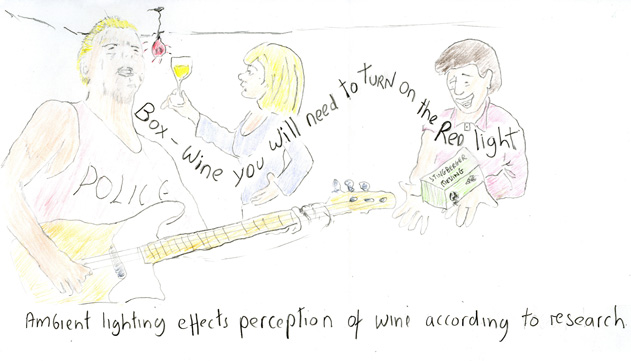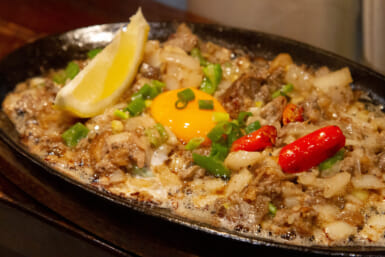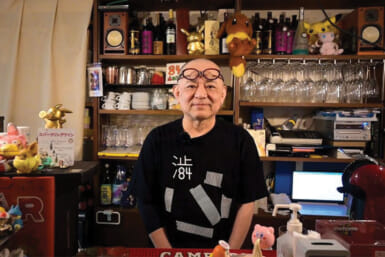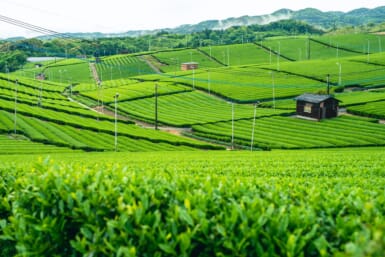Do you think you can taste the difference between a red and a white wine? This is a question that sent me on a quest to find some black glasses. Upon finding the glasses and doing the tasting, I would conclude that it can be difficult, depending on the wine. In fact, some people have taken this one step further, suggesting that the color also affects our perception of the wine. This was demonstrated by experiments during which professionals identified red wine aromas in whites colored red.
Recent research even focused on ambient light and its effects on the taste of the wine. With the color of the wine masked by black glasses, wines were tasted under blue, green, red and white light. Apparently people preferred the same wines tasted under red or blue. In fact, the subjects were willing to spend over one euro more for the same Riesling tasted under a red light versus a green light. So it’s best to avoid red light areas!
A while back I gave a demonstration on how to decant a wine with all the pomp and ceremony, carefully explaining the objective was to separate a wine from its sediment (and in some cases to aerate it) by pouring it gently into another bottle or decanter. The rule of thumb is that any red wine ten years old or older should normally be decanted. And if possible, the bottle should be stood upright at least twelve hours before decanting.
Carefully removing the entire capsule and wiping the lip with a cloth, I demonstrated how to place a light (either the traditional candle flame or a flashlight works) behind the shoulder of the bottle, and poured steadily into the decanter. The light illuminates the contents and shows exactly when the deposit comes up the neck, so that you can stop pouring. Then one irreverent female member of the audience piped up, “What if you only drink bag in the box?” Flummoxed, what I should have said was, “Madam, to raise perception and expectation, put the wine in the decanter, hide the box, leave a nice empty bottle discreetly in view, and turn on the red light.” However it’s hard to think outside the box when under pressure.
J.K. Whelehan is a Tokyo-based wine expert and writer, as well as co-author of the best-selling book Japanese Dishes for Wine Lovers, published by Kodansha and available from Amazon.








